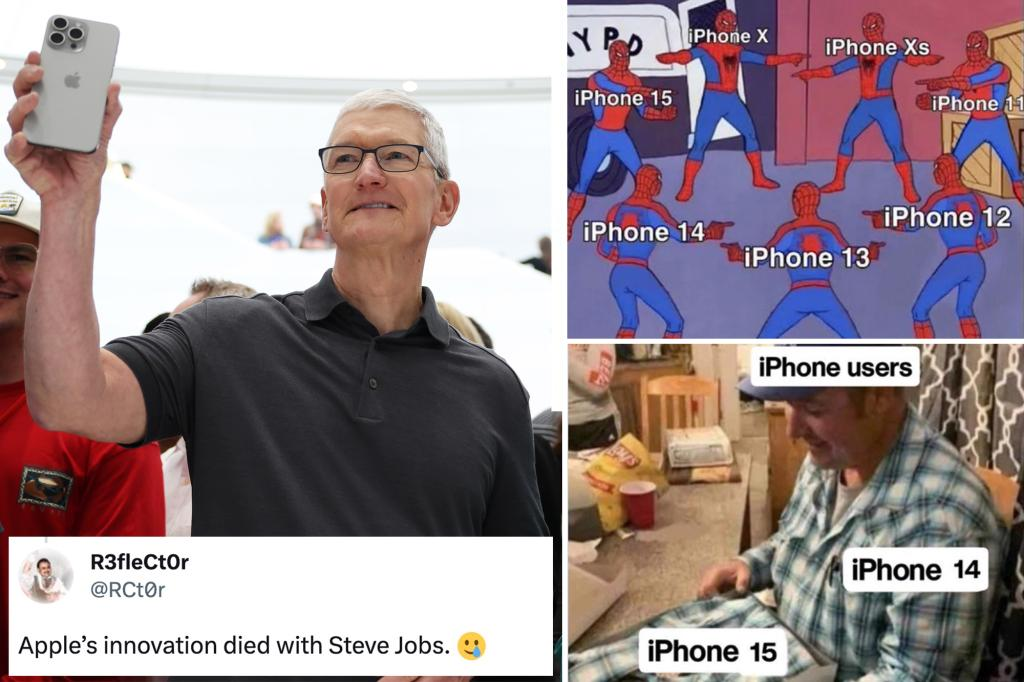- cross-posted to:
- technology@lemmit.online
- cross-posted to:
- technology@lemmit.online
Apple users bash new iPhone 15: ‘Innovation died with Steve Jobs’::Smart phone fans are griping about Apple’s new devices since the arguably anti-climactic announcement of the forthcoming iPhone 15 and iPhone 15 Plus on Tuesday.



deleted by creator
Apple coined the term App with the introduction of the App Store. They weren’t called that before the iPhone. That’s how influential the iPhone and its ecosystem were.
I can’t stand Apple’s ecosystem, but pretending like it wasn’t a major shift is just weird.
deleted by creator
Apple did not invent the term “app”, “app store”, or the concept of an app store. There was an app store called App Store for NeXT in 1991 that Jobs knew about, and many similar systems in the intervening years.
The only thing different about Apple’s app store was the restriction on users’ ability to install apps from other sources.
Jobs was great at business, not at tech.
NeXt was founded by jobs when he got kicked out of apple. Then, apple acquired NeXT, and jobs once again became CEO. So NeXT was basically jobs throwing a fit. I’d consider them basically apple.
I’m aware of the history, but I don’t think you understood what I wrote. An app store was written for NeXT by an independent company, without Jobs’ involvement.
Would you give credit to Bill Gates for all windows software written while he was CEO?
Sorry the “that jobs knew about” made it seem like apple stole it from NeXT. I was just saying that of course he knew about. It was a company he started and ran because he was mad at Pepsi.
My point was just that NeXT having something is just like apple having something in my opinion.
Mad at Pepsi? Haha that’s a funny way to put it. He got fired when he butted heads with Sculley, the former PepsiCo president, that he had hired, and the board sided with Sculley.
Giving credit to Apple/NeXT for software made by a different company is creative. The same logic applied to Microsoft makes things interesting.
It was absolutely a revolution.
The relevant definition of revolution: “a dramatic and wide-reaching change in conditions, attitudes, or operation.”
It didn’t matter if the technology already existed, hardly anyone was using it. Capacitive touchscreens existed, but there was no dramatic change, they were just used in the same way as resistive touchscreens. It was a different way of building a touchscreen, but very much an evolutionary change.
The iPhone was a revolution because it caused a dramatic and almost overnight change in the industry. What techies usually fail to see it that technology doesn’t matter. What matters is how it is used and what it allows people to do.